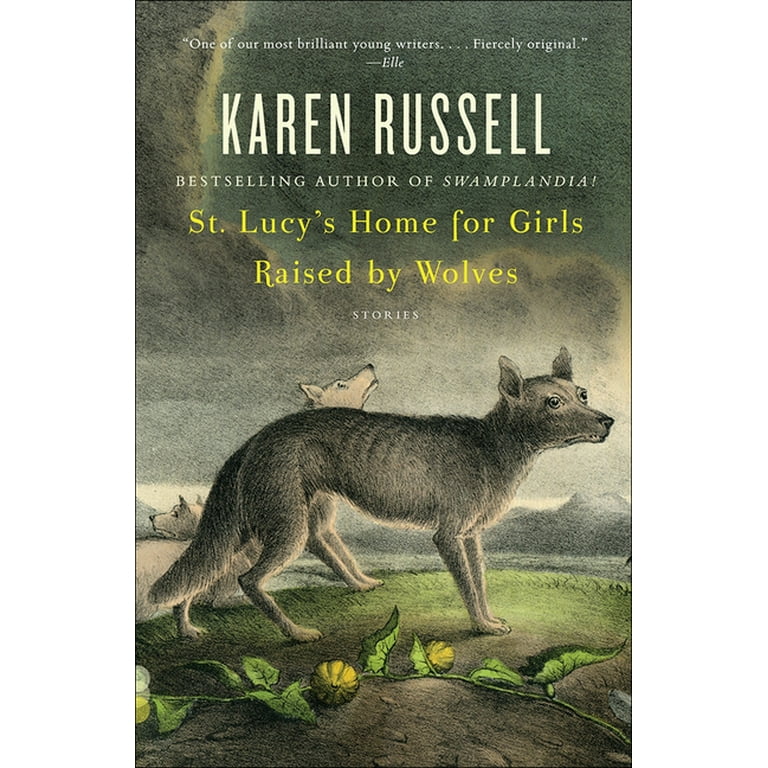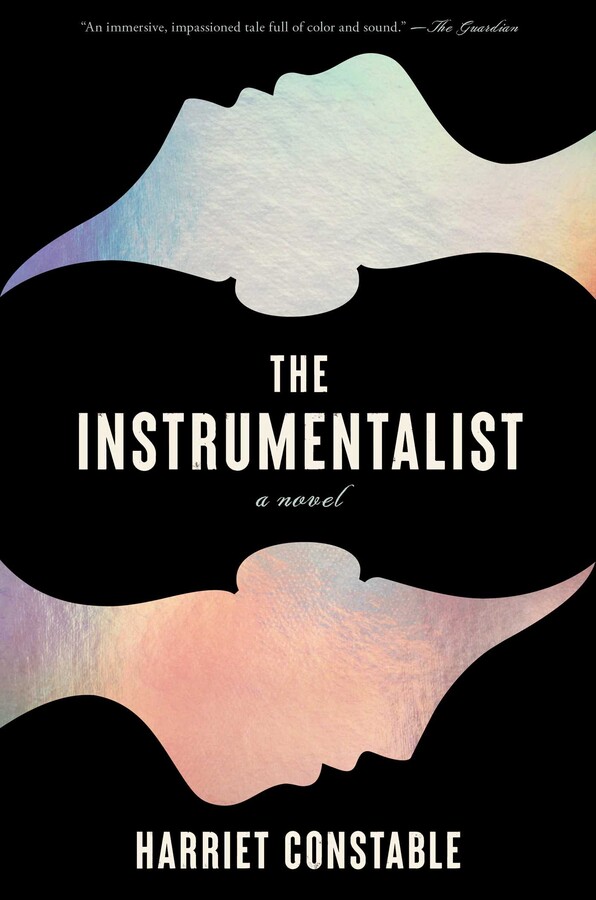When my son, Nick, was in high school, his English teacher asked the class to write a brief essay about their summer vacations. Reading aloud, one of Nick’s friends ended his paper with, “I had a lot of fun.” His teacher asked the student if he could think of a better word or phrase to express “a lot.” My son’s friend responded, “A bunch?” For the rest of the year, his teacher, in good fun, called him “Bunches.”
How, as writers, can we avoid being like Bunches? In the words of Mark Twain, “[t]he difference between the right word and the almost right word is the difference between lightning and a lightning bug.” Where can we find these “lightning” words that resonate with our stories’ themes, moods, characters, and settings? How can the “right” nouns, verbs, adverbs, and adjectives elevate our prose in ways that evoke the senses, pull readers into other worlds, and set a tone unique to each writer?
Whenever I find myself writing like Bunches “a lot,” I turn to the experts and read their stories, highlighting masterful “lightning words” while noting how these words create imagery that enhances my experience and understanding of the story.
For example, in the short story, “St. Lucy’s Home for Girls Raised by Wolves,” Karen Russell incorporates evocative words to delineate two distinct cultures—one canine and the other human. She sets the stage for the story’s conflict by choosing words that establish a real-world setting with fantastical yet plausible characters. With active, canine-evoking words, she cinematically depicts the wildly energetic initial stage of the wolf girls’ residential program at St. Lucy’s by describing the pack as “all hair and snarl and floor-thumping.” Their new human environment has institutional “austere rooms” that are “windowless” and “odorless.”
The wolf girls fix this by “spraying exuberant yellow streams.” They overturn dressers “pawing through neat piles of the Stage 3 girls’ starched underwear.” The orderly, sterile environment is invaded by the untamed, hysterical newcomers whose bodies are “buckling in kinetic laughter.” The use of “buckling” brilliantly describes the wolf girls deliberately bending over in laughter while foreshadowing the ominous notion of their wills bending due to force or weakness.
Though the wolf girls have “free rein” in their new home, their circumstances seem forced upon them. St. Lucy’s is their parents’ choice, and they are taken there by escorts that include “Bartholomew the blue wolfhound” and “four burly woodsmen.” In choosing the words “woodsmen” and “wolfhound,” Russell maintains the story’s fairy-tale feel while conjuring images of the wolf girls being strongarmed and treated like cattle. Alluding to religious lore, Russell reinforces this image by naming the wolfhound “Bartholomew” after the patron saint of tanners and butchers.
At St. Lucy’s, there is an illusion of freedom as the protagonist, Claudette, and her sisters know they can physically escape. As she describes the school’s setting, Russell plays with words to create duplicitous imagery depicting a seemingly open and well-lit campus. For example, St. Lucy’s statue at the school evokes the Statue of Liberty, welcoming foreigners to freedom and a better way of life. With irony, Russell, through Claudette’s eyes, describes the statue with words that are the opposite of welcoming: it has “marble skin colder than [her] mother’s nose” and “pupilless eyes rolled heavenward.” Again, alluding to religious lore, Russell’s perfect use of the word “pupilless” is a nod to St. Lucy, the patron saint of blind people, and the wolf girls turning a blind eye to their escape routes.
Surrounding the statue, St. Lucy’s grounds are enclosed by a “low granite wall” that the wolf girls are “all easily capable of clearing.” With “wooden gates wide open” and windows “unslatted,” they can choose freedom. Emotionally, though, they feel bound by their parents’ wishes despite a growing fear that their wolf identity is being eradicated. Though they continue to mark their new territory, someone keeps “coming in and erasing” them. A less talented author may have removed the urine marks by “cleaning” them, but the deft Russell knows that the word “erasing” has a deeper cultural meaning that points to ethnocide.
As the wolf girls advance in training, other fears arise, eroding their sense of identity, awareness of free will, and loyalty. With Catholic words and imagery, Russell creates a purgatorial environment that conditions the wolf girls’ behavior as they navigate their state of limbo at the halfway house, where success or failure is performance-based in a competitive economy of skill points. When one of her sisters reverts to primitive behavior, Claudette begins to fear her as a liability. She inadvertently learns in the chapel that she has options: “The choir director—aggressively perfumed Mrs. Valuchi, gold necklaces like pineapple rings around her neck—taught us more than the nuns ever did. She showed us how to pattern the old hunger into arias.” The sensory images Russell chooses to describe Mrs. Valuchi’s neck stimulate the reader’s empathy as Claudette is tempted by her animal instincts and pack mentality. While the “arias,” songs meant to be sung solo, remind her that self-preservation is an option.
Great stories like “St. Lucy’s Home for Girls Raised by Wolves” beg to be read multiple times in search of words and images that, like clues to a mystery, reveal hidden messages and layered meanings. Whether reading or writing, I aim to be more like Karen Russell and Mark Twain and less like poor Bunches as I strive to find more “lightning” and fewer “lightning bugs.”
Disclaimer: In fairness to “Bunches,” he later excelled in college and grew up to be an accomplished, well-articulated young man. His English teacher would be proud.
All quotes are taken from Karen Russell’s story collection, St. Lucy’s Home for Girls Raised by Wolves, which can be found by following the link below:
- Helping Writers “Keep the Magic Flowing,” an Interview with Productivity Coach Kristina Chilian - October 23, 2025
- A World of Connection Close to Home: My Experience at the 23rd Annual James River Writers Conference - October 16, 2025
- Reframing Rejection: Giving Your Tired Hang-ups Vibrant New Life - June 27, 2025
Sign up to our newsletter to receive new articles and events.




